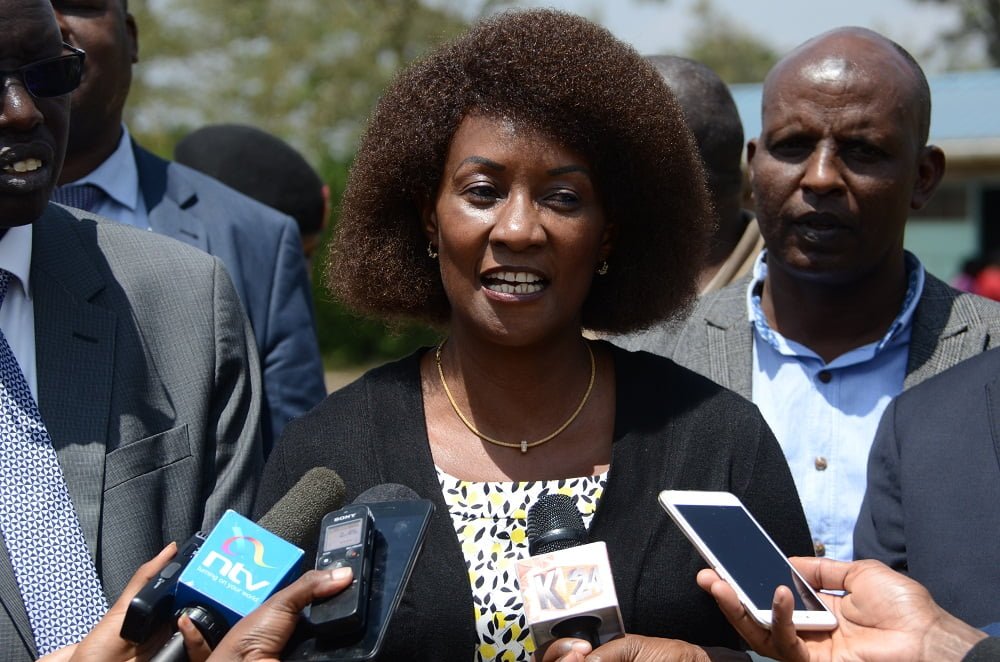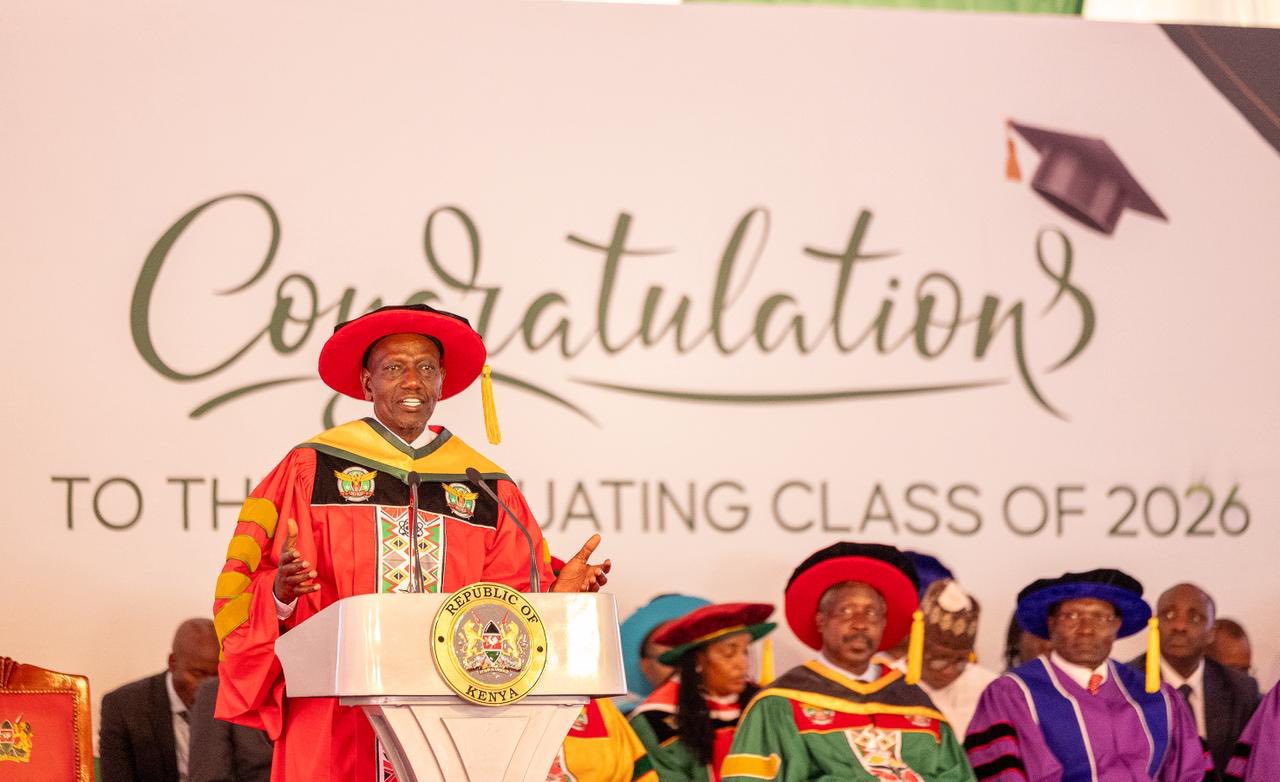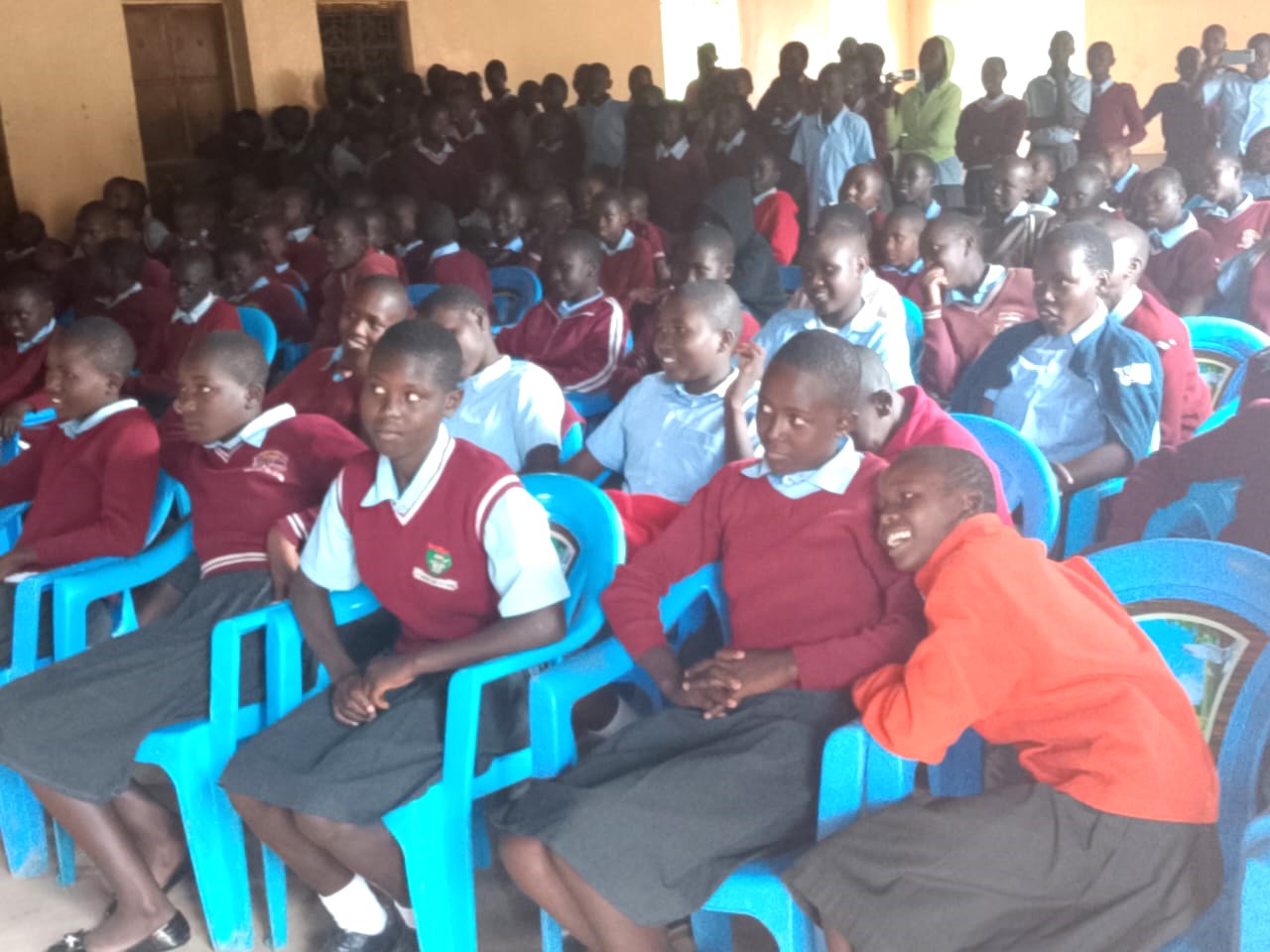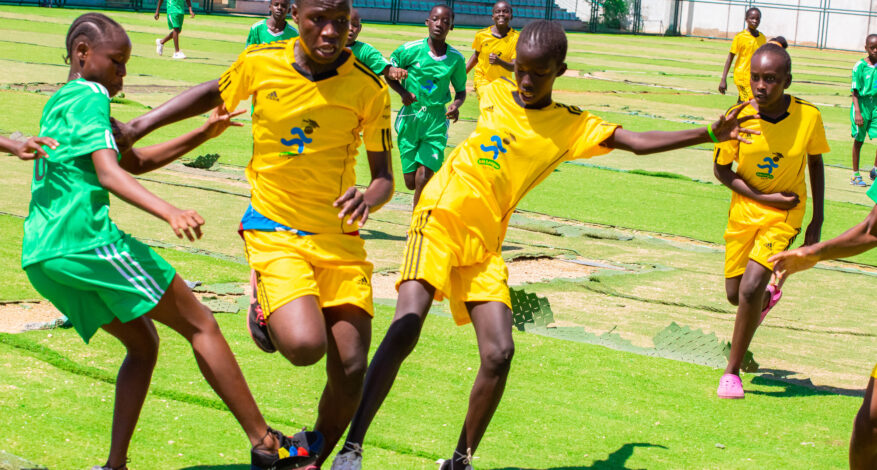By Roy Hezron
A total of 25,000 teachers are being targeted by the Teachers Service Commission (TSC) to undergo a one-year Induction, Mentorship and Coaching (TIMEC) programme in the Commission’s strategy to reduce rising cases of indiscipline among them in public schools.
According to the employer, the programme is expected to increase teacher effectiveness, job satisfaction, commitment, improved classroom instruction, teacher retention and improved learning outcomes.
In a presentation to TSC field officers who include Regional, County and Sub-County Directors, and County Human Resources Officers (CHROs), Commission’s Director of Field Services Mr. David Mukui said the programme will improve teachers’ professionalism as well as help in achieving the Commission’s strategic objective of improving ethical as per its 2019-2023 Strategic Plan.
“The Commission through the Field Services Directorate, targets to improve professionalism in the teaching service and reduce cases of indiscipline among teachers,” said Mr Mukui in the presentation.
The TIMEC programme, to be rolled out by June 30, 2022 in all parts of the country, will basically target newly recruited teachers in public institutions, including those on internship. Also inclusive are serving teachers who are newly appointed to administrative positions of principals, head teachers, deputies, and senior masters and teachers, as well as teachers experiencing challenges in professional conduct and performance and those who have been taken through the discipline process to reform.
However, the Commission has stated that not every school will have the three broad categories represented at the same time and on a full time basis. Those involved in selecting mentors and coaches must be guided by availability of the said categories in an institution, zone or sub-county.
Teachers with medical and psychological issues like mental health and extreme alcohol dependency will be referred to experts such as psychiatrists, psychologists and rehabilitation centres for expert management. The Commission is in the process of developing guidelines on the psychosocial support component of the programme.
According to TSC, a total of 18, 585 newly employed secondary school teachers in the last three years from 2018 to 2021 are eligible. 3, 654 newly appointed heads of institutions for the same period will also enter the programme, which includes 11 teacher training college principals, 3,089 head teachers in primary schools, and 554 principals in secondary schools. Mentorship and coaching is expected to be rolled out from March 2022.
The Commission has trained about 10 Regional Officers who include 5 TSC Regional Directors namely Ibrahim Adan (North Eastern), Lilian Mwangi (Western), Stephen Ajanga (Nyanza), Laban Olendo (Eastern) and Emmy Kiget, who is Nairobi’s Deputy Director. Four Regional Quality Assuarance and Standard Officers (RQASOs) are also included. These are Irene Kadenge (Rift Valley), Charles Tasma (Western), Nganyi David Likunda (Coast) and Issa Yarrow Abdille (Eastern).
The Commission has further trained a total of 295 Field Officers on the implementation of the TIMEC programme, which looks at preventive and corrective approaches in the management of teacher professional conduct and performance.
Identification of Mentors and Coaches
The structure of management of the programme roll out is the Implementation Team at the school level, with the head of institution, mentors and coaches, together with Champions as members of the team.
The process of identification and selection of mentors, coaches and champions at the school level has already commenced, and the Commission in its circular dated January 31, 2022 has directed all county and sub-county directors to submit the data to their respective reporting structures not later than February 28, 2022.
According to the Commission, those wishing to be mentors and coaches are required to, among other things, have the attributes of good expertise or seniority, experience, good listener skills, humility, professional ethics, knowledgeability in one’s respective area of specialization, high integrity, enthusiasm in work, good interpersonal skills, emotional intelligence, confidentiality, eagerness and willingness to invest in others, respectability and values diversity.
Teachers with a guiding and counseling background are better placed to mentor and coach those with professional challenges, while mentors and coaches are further required to possess high standards of self-motivation, industry, organization, focus, and drive.
Every institution will be required to select two separate individuals as a coach and a mentor, who should be willing to offer service as a volunteer. They are further expected to possess additional knowledge and skills like conflict resolution, counseling, psychology and mediation. Expertise in specific wings of education such as Kenya National Examination Councils (KNEC), Kenya Institute of Curriculum Development (KICD), pastoral programmes, Special Needs Education (SNE), Kenya Education Management Institute (KEMI), among others will add value to the interested candidates.
The mentors and coaches within an institution may be selected from senior teachers, peer teachers, team leaders, subject heads and subject experts, school administrators, and a pool of specialists from diverse fields.
The roles of the heads of institutions will, among others, be to identify and select mentors and coaches at school level who meet the set criteria. Trainers of trainers will be expected to train mentors and coaches at institutional levels, create flexibility by allowing for time out for the mentors, coaches and mentees as scheduled to allow for participation, track progress and give feedback.
Mentors and coaches on the other hand will be required to, among others, develop the mentorship or coaching plan with the mentee based on the identified needs, schedule mentorship and coaching meetings, provide support to mentees to clarify performance goals and development needs, mentor, coach, guide and counsel the mentee, and assist them to achieve the set goals and give feedback as required.
The mentees will also be required to identify areas of improvement and develop a mentorship plan with the support of mentor or coach, take responsibility for own development, be clear about the mentorship and coaching goals, be proactive about initiating contact with the mentor, be willing to listen and learn, ask for feedback and give feedback when required, prepare for meetings ahead of time, and maintain punctuality at all times.
Unlike before where the commission used a decentralized system whereby indiscipline cases were being heard at County and Regional offices (which saw some cases taking long before being concluded), this time the commission has decided to mentor and coach teachers joining the service using their fellow teachers who have service for a while.
A lot of indiscipline cases among teachers has before resulted in carnal knowledge of pupils, insubordination, missing lessons, alcoholism and drug abuse, absenteeism, among others.
In 2019, a total of 89 teachers were deregistered from the TSC register while last year, 71 teachers were removed from the roll after their disciplinary cases were heard and determined by the commission.
According to the TSC Code of Conduct, a teacher is expected to ensure that their private and public conduct uphold the dignity and integrity of the teaching service.
The code further requires teachers at all times be of good conduct whether or not on official duty, and in particular maintain a neat and decent code of dressing, which befits the dignity and image of the teaching service. They are also to ensure their personal hygiene is not offensive to workmates or those they serve, observe official working hours, be punctual and meet deadlines, and not being absent from duty without permission, among other set standards.






